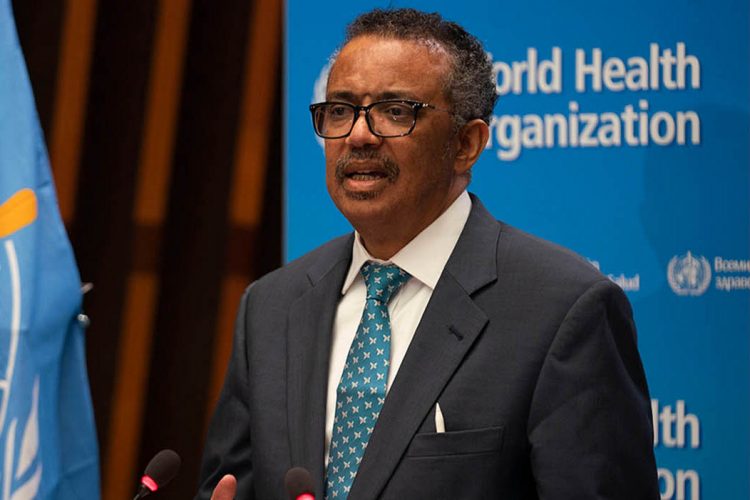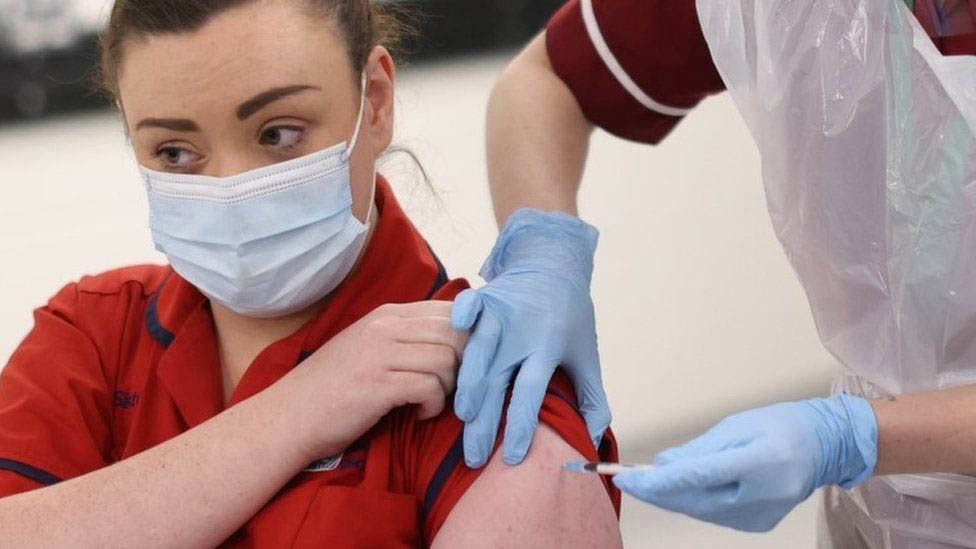Not even the reality of a global pandemic that poses an equal threat to rich and poor has been able to banish the spectre of the weighted privilege linked to the rich/poor divide among nations.
Last week, World Health Organization (WHO) Director-General Tedros Gebreyesus broke the United Nations’ silence over what, he says, is the skewed nature of the global COVID-19 vaccine distribution regime, bluntly describing the process as the “hoovering up” of the lion’s share of the COVID-19 vaccines by the wealthy countries. This, Gebreyesus said, may well have placed the international community on the brink of “a catastrophic moral failure.”

Deploying a level of bluntness uncharacteristic of such fora at a meeting at the UN headquarters in Geneva, the senior UN official asserted that a disproportionate number of doses of the vaccine had been acquired by rich countries. “It’s not right… younger, healthier adults in wealthy countries get vaccinated against COVID-19 before older people or health care workers in poorer countries.”
Reports emanating from the week-long meeting of the Executive Board of the WHO indicate that Gebreyesus took a tilt at vaccine-makers for what the WHO sees as the targeting of locations where ‘profits are highest’ rather than prioritising the neediest patients.
“Just 25 doses have been given in one lowest income country – not 25 million, not 25,000 – just 25. I need to be blunt. The world is on the brink of a catastrophic moral failure,” the WHO Director-General is quoted as saying. Guinea is reportedly the country that was afforded just twenty-five doses of the vaccine.
News of the WHO Director-General’s outburst comes just after reports (published in the January 22 issue of the Stabroek Business) that the Caribbean Community (CARICOM) had called for a UN-sanctioned global forum to discuss mechanisms for ensuring a level of fairness in the distribution of the vaccines. While countries like Guyana and Trinidad and Tobago have already announced plans for receipt and storage of the vaccines, there has been no word regarding the anticipated time line for the arrival of the vaccine in the region and the number of doses that each country will receive.
What would appear to be an emerging controversy over the global distribution of the vaccination underscores the frailty of the universally bandied around notion of equality among nations that is the cornerstone of the UN’s philosophy.
The WHO Director-General appears to feel that unless the present skewed vaccination distribution can be righted quickly the UN-driven global equality axiom could vanish beneath a tsunami of resentment from developing countries.
Gebreyesus is quoted as saying that while “it is right that all governments want to prioritize vaccinating their own health workers and older people first … it is not right that younger, healthier adults in rich countries are vaccinated before health workers and older people in poorer countries. There will be enough vaccine for everyone.”
The resentment of the Ethiopian-born UN official, however, did not prevent him from paying tribute to the scientific achievement behind rolling out coronavirus vaccines less than a year after the pandemic erupted in China, where a WHO-backed team has now been deployed to look into the origins of the virus.







